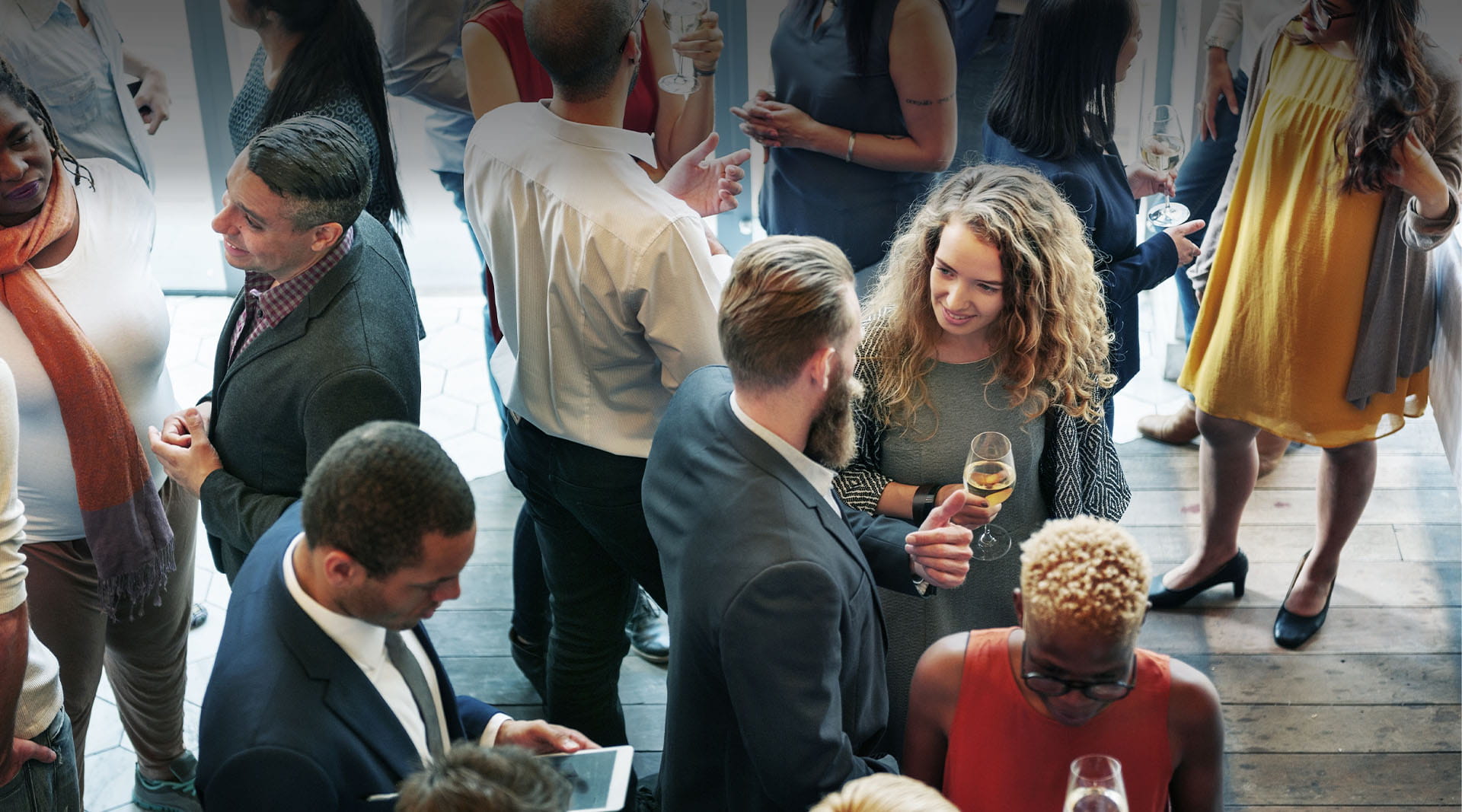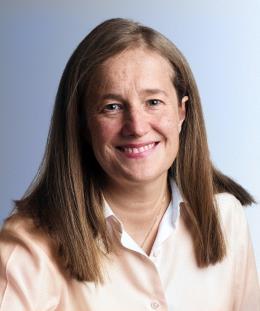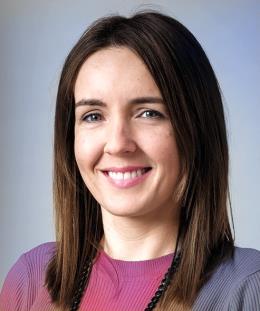
Who We Are
Alumni Community
Stay connected, network and belong
We strengthen the bond between our people – past and present – by making it easy to stay in touch, and creating personal and professional opportunities that enhance future relationships.
Our community is a diverse global network of professionals making an impact in business, the legal industry and their local communities. We celebrate them as they move forward in their journeys.
Join today to stay connected, build your relationships and make new connections.
- Keep up with the latest firm and alumni news via regular updates
- Network and catch up with old friends at bespoke alumni events
- Find and share new career opportunities via the alumni jobs board
- Utilise our office facilities in London
- Update your resume with our CV review service

Firm Friends Alumni Yearbook 2023
In this year's edition, we are pleased to bring you interviews with a range of talented Ashurst people, past and present, who embody this spirit and who are each 'outpacing change' in their own unique ways.
Find out moreAlumni jobs and CV review service
We offer our alumni community members the opportunity to post vacancies and view featured roles at Ashurst via an Alumni Jobs Board. We also offer a CV review service for both our legal and business services alumni. To find our more please email our alumni team.
Join our Alumni LinkedIn group
If you are registered on LinkedIn you are invited to join our Ashurst Alumni LinkedIn group. Please make sure that your current profile reflects your past employment at Ashurst or Blake Dawson so we can confirm your membership.
“Our professionally diverse population of alumni is a great source of pride for Ashurst - we embrace every opportunity to share their insights and celebrate their successes. We're committed to creating an active Ashurst community that allows our people to stay in touch and create valuable connections that will support them now, and into the future.”Karen Davies, Global Chair and Alumni Sponsor




